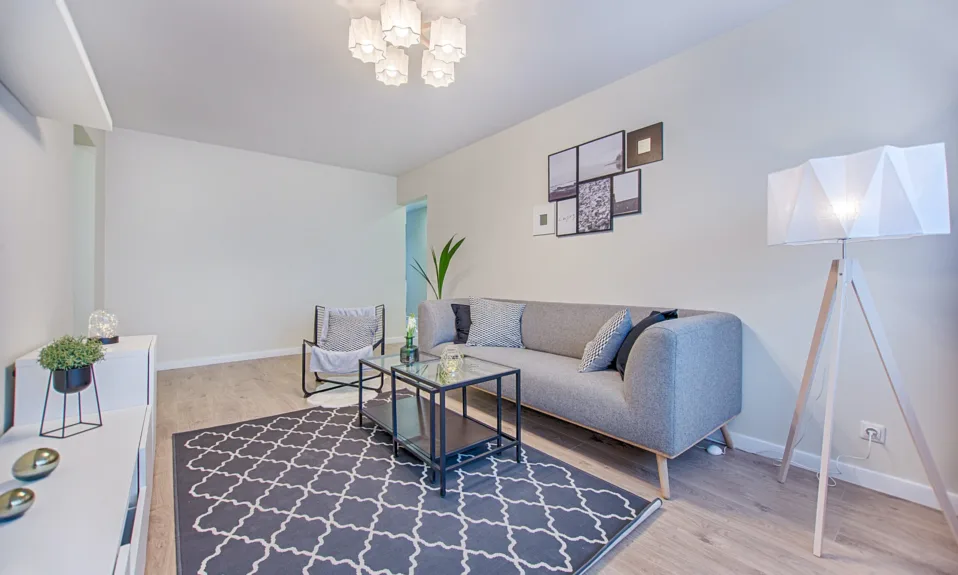Home insurance is an essential aspect of homeownership. It provides peace of mind, knowing that your investment is protected in case of unexpected events. However, there are many misconceptions surrounding home insurance that can make it challenging to understand what it does and does not cover. In this article, we will separate fact from fiction and debunk some common home insurance myths.
Table of Contents
- Introduction
- Home insurance covers everything.
- Flood insurance is not necessary.
- Home insurance is too expensive.
- My home’s value is equal to the amount of insurance coverage I need.
- My personal belongings are automatically covered.
- Home insurance is not necessary for renters.
- My home business is covered under my home insurance policy.
- Home insurance will cover damages caused by poor maintenance.
- I don’t need to update my home insurance policy if I make renovations.
- I can’t file a claim if I don’t have receipts for my lost or damaged items.
- Home insurance covers damages caused by natural disasters.
- Home insurance covers damages caused by termites or pests.
- Fact: Home insurance covers liability.
- Conclusion
Home insurance covers everything.
One of the most common misconceptions about home insurance is that it covers everything. This is far from the truth. Home insurance policies typically cover damages caused by fire, theft, and certain natural disasters. However, there are many events and situations that are not covered, such as floods, earthquakes, and wear and tear.
Flood insurance is not necessary.
Many homeowners believe that their home insurance policy covers flood damages. Unfortunately, this is not the case. If you live in an area prone to flooding, it’s crucial to invest in flood insurance.
Home insurance is too expensive.
Another common myth is that home insurance is too expensive. However, the cost of home insurance varies depending on several factors, such as the location of your home, its age and condition, and the amount of coverage you need. By shopping around and comparing policies, you can find affordable coverage that meets your needs.
My home’s value is equal to the amount of insurance coverage I need.
Many homeowners make the mistake of assuming that their home’s value is equal to the amount of insurance coverage they need. However, the amount of coverage you need should be based on the cost to rebuild your home, not its market value.
My personal belongings are automatically covered.
While home insurance policies typically cover personal belongings, there are limits to this coverage. If you have valuable items such as jewelry or electronics, you may need to purchase additional coverage to ensure they are fully protected.
Home insurance is not necessary for renters.
If you are a renter, you may assume that your landlord’s insurance policy covers your personal belongings. However, this is not always the case. Renter’s insurance can provide protection for your personal belongings and liability in case of accidents.
My home business is covered under my home insurance policy.
If you run a home-based business, you may assume that your home insurance policy covers your business. However, most home insurance policies do not provide coverage for business activities. If you run a business from your home, you may need to purchase separate business insurance.
Home insurance will cover damages caused by poor maintenance.
Home insurance policies are designed to cover damages caused by unexpected events, such as fires and theft. They do not cover damages caused by poor maintenance or neglect. It’s important to properly maintain your home to avoid damages that may not be covered by your insurance policy.
I don’t need to update my home insurance policy if I make renovations.
If you make renovations to your home, you may need to update your home insurance policy to ensure that your coverage is adequate. Renovations can increase the value of your home and may require additional coverage.
I can’t file a claim if I don’t have receipts for my lost or damaged items.
While having receipts for your personal belongings can make the claims process easier, it’s not always necessary. You can provide other types of proof of ownership, such as photographs or credit card statements, to support your claim.
Home insurance covers damages caused by natural disasters.
While some natural disasters, such as lightning strikes and wildfires, may be covered by home insurance policies, others, such as floods and earthquakes, are not. If you live in an area prone to natural disasters, it’s important to understand what your policy covers and to consider purchasing additional coverage if necessary.
Home insurance covers damages caused by termites or pests.
Home insurance policies typically do not cover damages caused by pests, such as termites or rodents. It’s important to take steps to prevent pest infestations and to address them promptly if they do occur.
Fact: Home insurance covers liability.
One important aspect of home insurance is liability coverage. If someone is injured on your property, your home insurance policy can provide coverage for medical expenses and legal fees. It’s important to ensure that you have adequate liability coverage to protect yourself from financial loss in case of accidents.
Conclusion
Home insurance is an important investment for homeowners and renters alike. However, there are many myths and misconceptions surrounding home insurance that can make it difficult to understand what it does and does not cover. By separating fact from fiction, you can make informed decisions about your home insurance coverage and ensure that your investment is fully protected.
FAQs
- How much home insurance coverage do I need?
- Does my home insurance policy cover natural disasters?
- Can I purchase additional coverage for valuable items?
- What is liability coverage, and how much do I need?
- Do I need flood insurance if I don’t live in a high-risk area?





